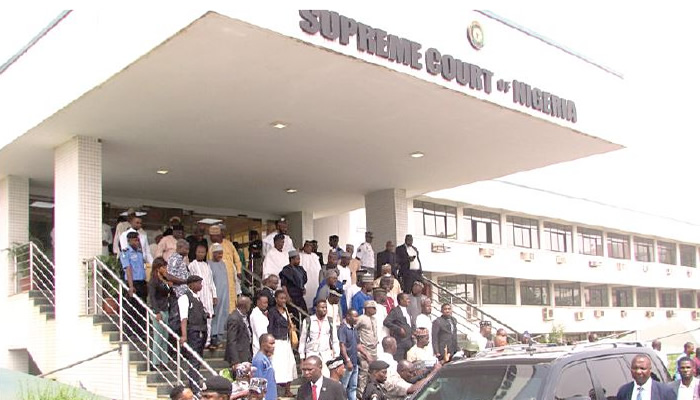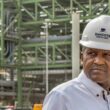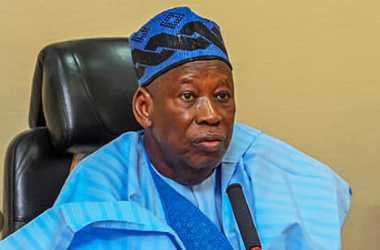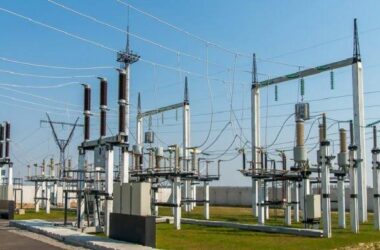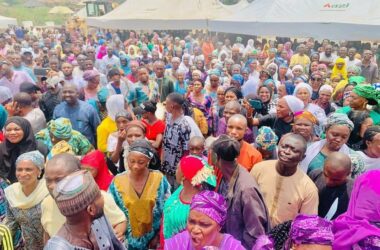The Supreme Court of Nigeria is expected to deliver a critical judgment today in a case involving 16 state governments challenging the legality of the Economic and Financial Crimes Commission (EFCC).
The states, led by the Kogi State government, argue that the EFCC was established without following the due constitutional process, thus rendering its operations illegal.
Other states involved in the suit include Ondo, Edo, Oyo, Ogun, Nasarawa, Kebbi, Katsina, Sokoto, Jigawa, Enugu, Benue, Anambra, Plateau, Cross-River, and Niger. The hearing, presided over by a seven-member panel of justices, is being led by Justice Uwani Abba-Aji.
At the heart of the case is the argument surrounding the 2004 EFCC Establishment Act. The plaintiffs claim that the law, which was based on a United Nations Convention against corruption, failed to comply with Section 12 of Nigeria’s 1999 Constitution.
This section requires the consent of the majority of state legislatures before any international treaty can be incorporated into Nigerian law. The governors argue that this step was bypassed, making the EFCC an illegally constituted body.
Citing a previous case, Dr Joseph Nwobike vs. Federal Republic of Nigeria, the states’ legal teams have asserted that the Supreme Court had already ruled on this issue, noting that international treaties must go through proper legal channels.
They argue that the EFCC cannot exercise its powers in states that did not give their approval to its creation.
This legal dispute has raised questions about the future of Nigeria’s fight against corruption. The EFCC, for its part, has strongly defended its existence and role. Wilson Uwujaren, the EFCC’s Director of Public Affairs, expressed shock at the legal challenge.
Speaking on Channels Television, he said, “We are shocked by what is happening. Nigerians should see through this shenanigan and oppose it because I don’t see how this country can survive without the EFCC, given the kind of corruption problem that we have. Nigeria cannot do without the EFCC.
“I am worried that, with the kind of problem we have with corruption in this country, some people would go to court to challenge the legality of the EFCC.
“For citizens in their states, I am not sure that the EFCC is their greatest problem. I doubt that this is the case. What you see playing out is simply people who are feeling the heat of the work of the EFCC and who want to derail what is going on within the EFCC.
“They see the EFCC as a threat, which is what is playing out. I think Nigerians can see through the gimmick of those who are behind the challenge to the legality of the commission,” Uwujaren said.
The EFCC official noted that those behind the call for the overhaul were determined to “derail” the commission’s anti-corruption fight.
“So, people who are concerned about transparency and accountability will wish for the EFCC to be ‘killed’. Let me use the word ‘killed’ because that is the agenda.
“They simply want to derail the fight against corruption because they don’t want accountability in their domains,” he said.





